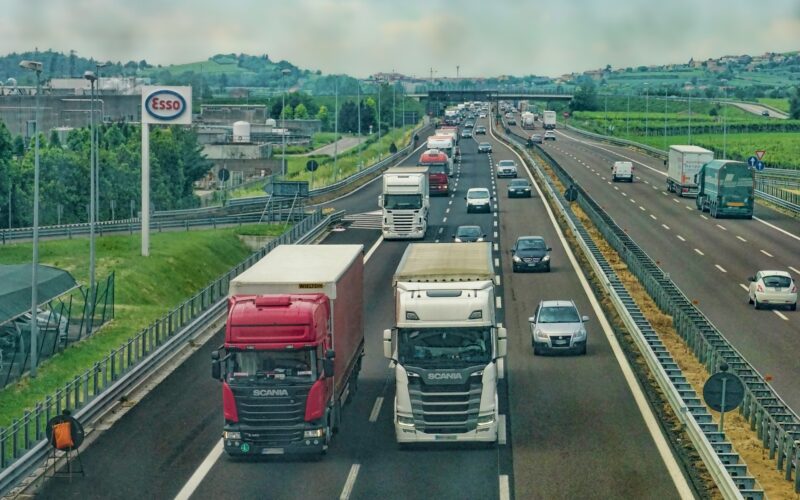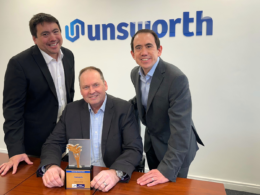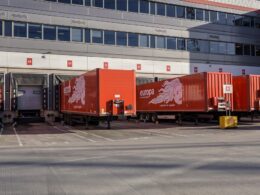In tough economic times most businesses prioritise essential spending, double down on higher margin activities and look at areas to cut costs. This can seem like the sensible thing to do but with growing urgency for environmental reform in commercial transport, businesses can’t afford to deprioritise carbon reduction.
The impact of the pandemic, subsequent supply chain disruption, driver shortage and now inflation have left a lot of hauliers in fragile shape. With a recession looming and fuel costs still sky high, the phase out of ICE vehicles is a daunting prospect.
Most businesses are some way off making the leap to alternative fuel vehicles but improvements don’t have to wait until the economy is in better shape or the technology has matured. An overall reduction of road miles is not only the most effective way of bringing down emissions right now, but also brings immediate and long-term cost savings with minimal investment.
Empty running has existed since the dawn of the industry. It was acknowledged but largely shrugged off as a frustrating inefficiency – one that was too complex to tackle. But we’ve come to see that it’s more than an inefficiency, it’s a colossal waste of carbon and money, neither of which we have going spare to burn.
The growth and complexity of the UK’s commercial road networks has contributed to the problem but it also holds the answer. For every one-way journey within the matrix of routes and hauliers there’s almost always a compatible return. The key is in being able to find and tap into them.
Route planning and optimising the use of vehicles reduces the number of empty trips for everyone – saving money and emissions. For a typical high street retailer around 700,000km of journeys could be saved through backhaul matching which would amount to approximately £1.3m a year, and over 4,000 empty loads per year could be removed entirely.
This model does require a new way of working, embracing technology and being open to cooperation. Some larger businesses have made progress tackling empty running through their TMS systems, but few have the scale to bring it down significantly. To make a proper dent, it needs to be a coordinated effort.
For the haulage industry, one of the hardest hit sectors over the last three years, access to new backhauling opportunities is extra revenue with no additional fuel of labour cost.
Shippers and hauliers that retain a focus on sustainability and prioritise reducing empty running will be better able to weather whatever 2023 has in store and in a stronger financial position when it comes to preparing for the transition to alternative fuels.
Written by Martin Willmor, CEO, DigiHaul
Find out more about DigiHaul here.














